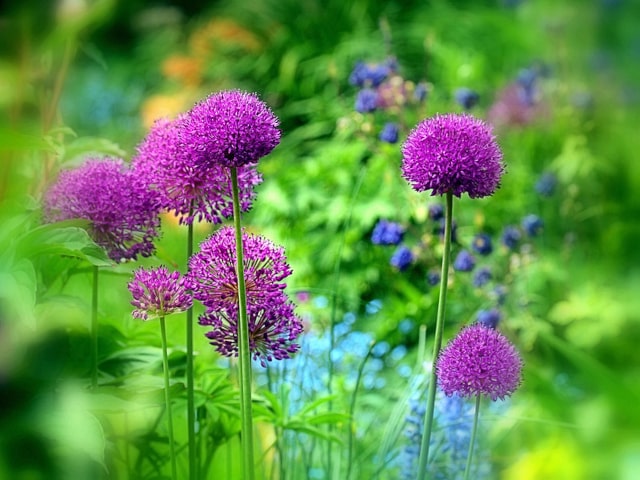
Companion plants are very important for gardening. These plants make the other plants thrive, thus making your garden full of strong, healthy plants. When you plan your garden and when you start thinking about which plants to include, don't forget about the companion plants. They will make your gardening effort much more successful.
Companion gardening is very ancient. It probably began when early gardeners noticed that certain plants seem to grow better when planted to certain other plants. While some people believe there is no science to back it up, many gardeners rely on their experience and choose to use companion plants to make their main plants grow better.
The Advantages of Companion Plants
Companion plants can bring certain benefits to your garden, but you need to understand that they are not always effective. There are various scientific studies trying to explain companion gardening (or to disprove it) and the results are inconclusive. In any case, if you wish to use companion plants, you need to know about the possible benefits they can bring.
Companion plants can be used to repel pests so your main plants will be pest-free. These companion plants can serve as a "trap" for the insects so they won't attack your main plants. It's believed that companion plants can deter pests with their characteristic scent, or use this scent to hide the main plants from pests.
Another advantage to companion plans is to encourage the growth of the main plants.
Also, you may use companion plants as a "nurse" crop. They will provide an attractive home and food for the beneficial insects you want to attract to your plants.
A Handy List of Companion Plants
- Allium (flowering onions, chives, garlic, leek, onion and shallot). They are believed to be good companions to: roses, carrots, tomato, fruit trees, other vegetables. They are known to repel aphids, weevils, carrot flies, moles, fruit tree borers. In addition to this, they are believed to control rust flies and some nematodes. They can also protects tomatoes against red spiders and roses from black spot, mildew and aphids. However, allium plants are known to inhibit growth of peas & beans.
- Basil. A good companion to tomato and asparagus. It's known to repels aphids, flies, mosquitos and mites. It also helps controlling insect pests such as tomato hornworms, asparagus beetles, and various diseases.
- Bush beans (butter, green, snap, string,wax). A good companion to beets, carrots,cucumber, corn, eggplant, potato,strawberry. These companion plants are believe to encourage growth of the main plant. They also add nitrogen to the soil. It's also known that green beans protect eggplant from the Colorado potato beetle.
- Borage. A good companion to tomato, strawberry, fruit orchards. It's known to repel tomato worms. It also adds potassium, calcium and other minerals to soil. This plant is also known to attracts honeybees.
- Broad beans. A good companion to corn. This plant will add nitrogen to soil, which corn needs. Also, bean vines grow up corn stalks, thus anchoring corn more firmly. Also, the bean vines discourage racoons.
- Chamomile. A good companion to cabbage and onions. This plant is known to improve growth and flavor of cabbage and onions. However, it's important to plant only one plant every 150 feet.
- Castor Bean. A good companion to various vegetables. This plant can repel moles and plant lice. However, you need to be careful with castor bean, because all parts of this plant are poisonous, especially the seeds!
- Catnip. A good companion to eggplant. It's believe that fresh catnip steeped in water and sprinkled on plants will drive away flea beetles.
- Celery. A good companion to cabbage, leeks, tomato and cauliflower. It's believed to improves growth of the main plants. It will also repel white cabbage butterflies.
- Chervil. A good companion to radish. It's believed to improve growth and flavor.
- Chive. A good companion to carrots. It's believed to improve growth and flavor.
- Coriander. A good companion to various vegetables. It's also known to repels aphids and attract bees.
- Cucumber. A good companion to corn, beans, peas, radish and sunflowers. It improves their growth. Also, the vines growing with corn help anchor corn and discourage racoons.
- Datura. A good companion to various plants. It's known to deter Japanese beetles. However, keep in mind that all parts of the Datura are poisonous!
- Dill. A good companion to cabbage. It's known to improves growth. Their blossoms attract honeybees.
- Fennel. A good way to attract beneficial insects, with its foliage and flowers. However, most vegetables dislike fennel so plant it a bit away from the garden!
- Geranium. A good companion to cabbage, corn, grapes and roses. It's known to repel cabbage worms and Japanese beetles.
- Horseradish. A good companion to potato. It's known to encourage growth. It may also repel Colorado potato beetles and blister beetles.
- Hyssop. A good companion to cabbage and grapes. It is believed to improve growth and deter cabbage moth.
- Leek. A good companion to carrots, celery and onions. It's believed to improve growth and repel carrot flies.
- Marigold. A good companion to tomato, potato, strawberry, beans and roses. It's believed to encourage growth, deters Mexican bean beetles and other pests. It also discourages harmful nematodes, but only if they are grown for several seasons in the ground.
- Mint. A good companion to tomato and cabbage. It's believed to improves flavor and growth.
- Mustard. A good companion to cabbage, cauliflower, radish, Brussels sprouts, turnips, collards and kohlrabi. It's best to plant mustard as a trap crop. This plant attracts numerous insect pests. However, it's important to remove and destroy it before your main crops can be harmed.
- Nasturtiums. A good companion to cucumber, Squash, other vegetables and fruit trees. It's known to repel aphids, cucumber beetles, whiteflies and squash bugs. It can act as trap crop for aphids. In addition to this, it can repel borers near fruit trees.
- Onion. A good companion to cabbage, cauliflower, broccoli,beets, tomato, lettuce, strawberry, chamomile and summer savory. It's known to repel aphids, weevils, carrot flies, moles and fruit tree borers. It also controls rust flies and some nematodes and protects tomatoes against red spiders. However, it's known to inhibit growth of peas & beans.
- Oregano. A good companion to broccoli. It is believed to repel cabbage butterfly.
- Parsley. A good companion to asparagus carrots, tomato and roses. It is known to deter asparagus beetles. It also improves growth of the main plants. It's known to deter carrot flies and rose beetles.
- Peanuts. A good companion to corn and squash. It's known to encourage growth of corn and squash.
- Peas. A good companion to corn. It adds nitrogen to soil, which corn needs. It also grows well with carrots, turnip, radish, cumcumber, beans and potatoes.
- Peanut. A good companion to various plants. It is a great soil builder. It is also a good ground cover in a nut tree orchard.
- Pennyroyal. A good companion to broccoli, Brussels sprouts, cabbage and many other plants. It's known to discourages ants, plant lice and cabbage maggots.
- Pyrethrum. A good companion to various plants. It's known to repels aphids, leafhoppers, spider mites, harlequin bugs, ticks, pickleworms and imported cabbage worms.
- Radish. A good companion to cucumber. It's known to deters cucumber beetles.
- Rosemary. A good companion to carrots, cabbage and beans. It's known to repel carrot flies, bean beetles and cabbage moths.
- Rue. A good companion to roses and raspberries. It is believed to repel Japanese beetles.
- Sage. A good companion to carrots and various other plants. It's known to repel carrot flies, cabbage moths and ticks.
- Snap beans. A good companion to corn. It is known to enhances growth of corn.
- Soybeans. A good companion to corn. It is known to enhances growth of corn as well as other heavy feeders by adding nitrogen to the soil. It also repels chinch bugs and Japanese beetels.
- Spearmint. A good companion to various plants. It is known to deters ants and aphids.
- Sweet pepper. A good companion to basil and okra. It's known to improve their growth.
- Summer savory. A good companion to green beans. It is known to improve their growth and deter bean beetles.
- Tansy. A good companion to cucumber, squash, roses, grapes, raspberry and blackberry. It's known to deter flying insects, striped cucumber beetles, ants, flies, squash bugs and Japanese beetles. However, it can also attract imported cabbage worms.
- Tomato. A good companion to roses. It can protect roses from black spot.
- Thyme. A good companion to cabbage. It can control flea beetles, cabbage maggots, imported cabbage worms and white cabbage butterflies.
- Wormwood. A good companion to various plants. It is known to deter black flea beetles, malaria mosquitos and cabbage worm butterflies.
Photo credit: Jim Roberts Gallery
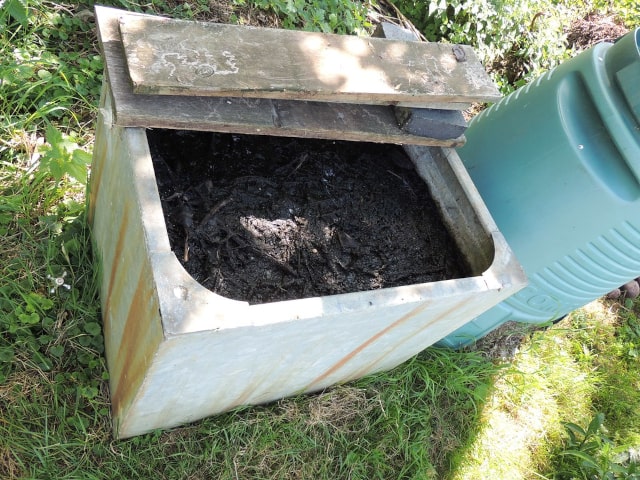
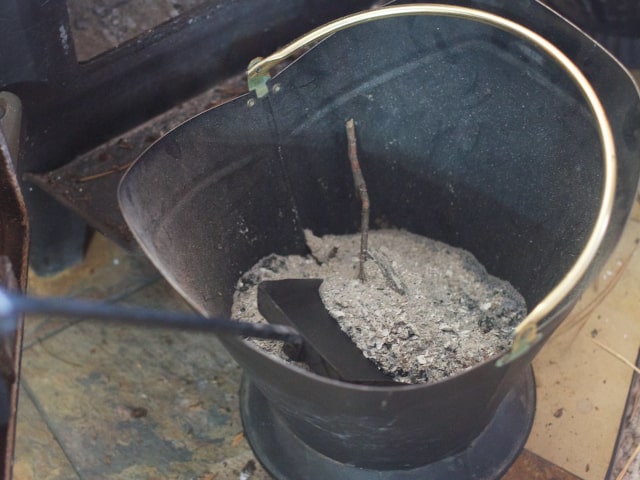
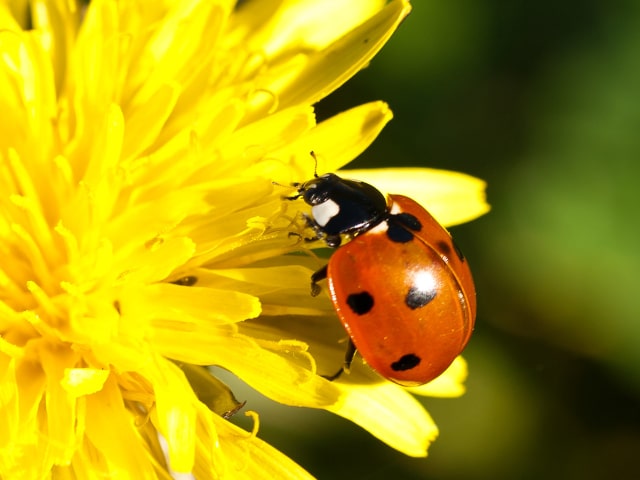
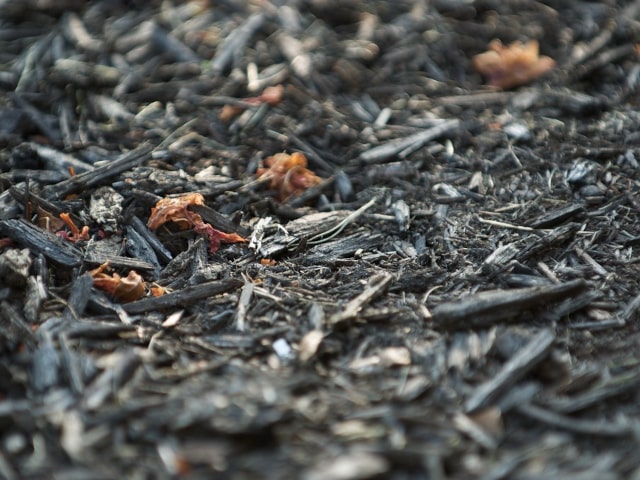
0 Comments